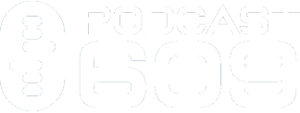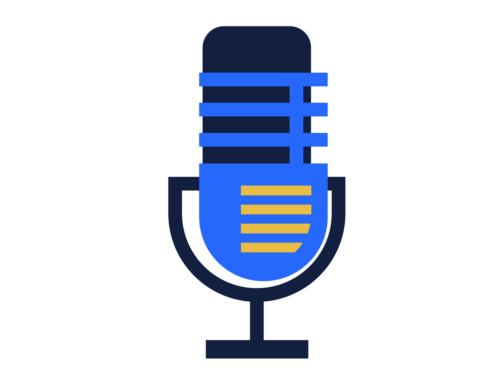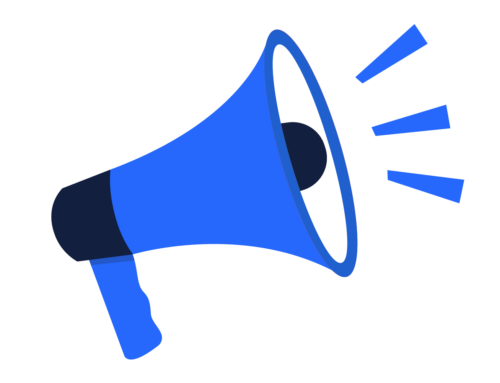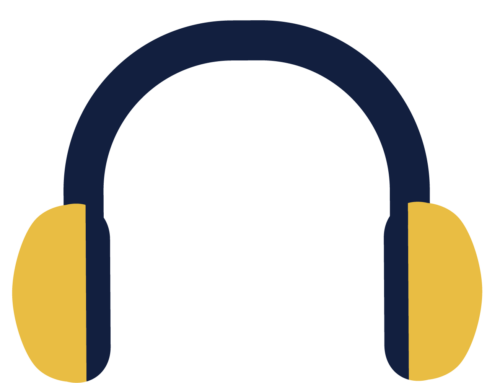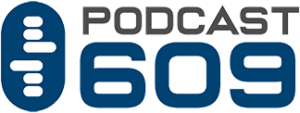Did you know that 75% of Americans over the age of 12 are familiar with podcasting – that equates to 212 million people, and it is estimated that 68 million people have listened to a podcast in the last week. The stat that I find the most interesting is that podcast listeners spend 6 hours and 37 minutes a week listening.
There is no doubt that podcasting is becoming more and more popular. Consequently, there’s a huge opportunity for businesses to leverage the power of podcasting as a powerful marketing medium. At Podcast609, we employ the following 3 phases when creating podcasts for our clients.
1. Launch and Strategy
This phase is the most important, as it sets the tone for the entire program. With our help, you will decide what type of show you are going to produce. Will it be interview style? One host or two? Will you interview your own internal thought leaders or customers, prospects and industry thought leaders? You will determine your cadence – how many per month can you commit to. Also included in this phase is branding your show – including the name, logo and initial graphics as well as writing a description for the podcast directories. As with most marketing, success is determined by setting the right strategy up-front. This is no different; these initial decisions will undoubtedly determine the long-term success of your podcast.
2. Production and Hosting
Where will you host your podcast? Think of it like hosting your website. Most hosting services provide the ability to create your RSS (Really Simple Syndication) feed that connects you with the podcast apps or directories (Apple Podcasts, Google Podcasts, Spotify, Stitcher, iHeartRadio and more).
How are you going to record the podcast? There are lots of options – each with their own benefits (I’ll post another blog post on this subject soon). Also, are you going to have a professionally produced intro and outro, and who is going to do your post-production audio for you?
You can’t truly get set up with the podcast directories until you have an episode so… we suggest recording a kickoff episode. This also allows you to practice before doing your first episode.
3. Content and Marketing
This might be the second most important part of your podcast project – how to market the podcast and how to create content to promote it. As a lifelong B2B marketer, I could go on for a long-time about this but here are the basics:
- Leverage the podcast just like you would any other piece of content – on your website, in your newsletters, etc.
- Promote it heavily on your social channels
- Promote it internally – especially with sales. Your podcast can become a great sales tool.
- Create audiograms and add it to YouTube
The list can go on and on. Don’t forget to transcribe your podcast and add that to your website. Write a blog about each episode. Podcasts can help with SEO – Google is now “transcribing” podcasts and have added it to their algorithm for search.
There are a lot of questions that need to be answered. Some choose to create and launch a podcast on their own while others rely on companies that focus on podcast production and management to help.
No matter what you decide to do make sure the show is authentic, and create a cadence and stick to it. The number of listeners initially might be low but if you stay consistent and market it correctly, you’ll have a great marketing asset for years to come.
